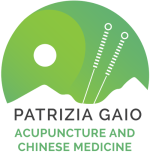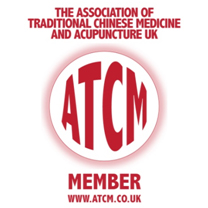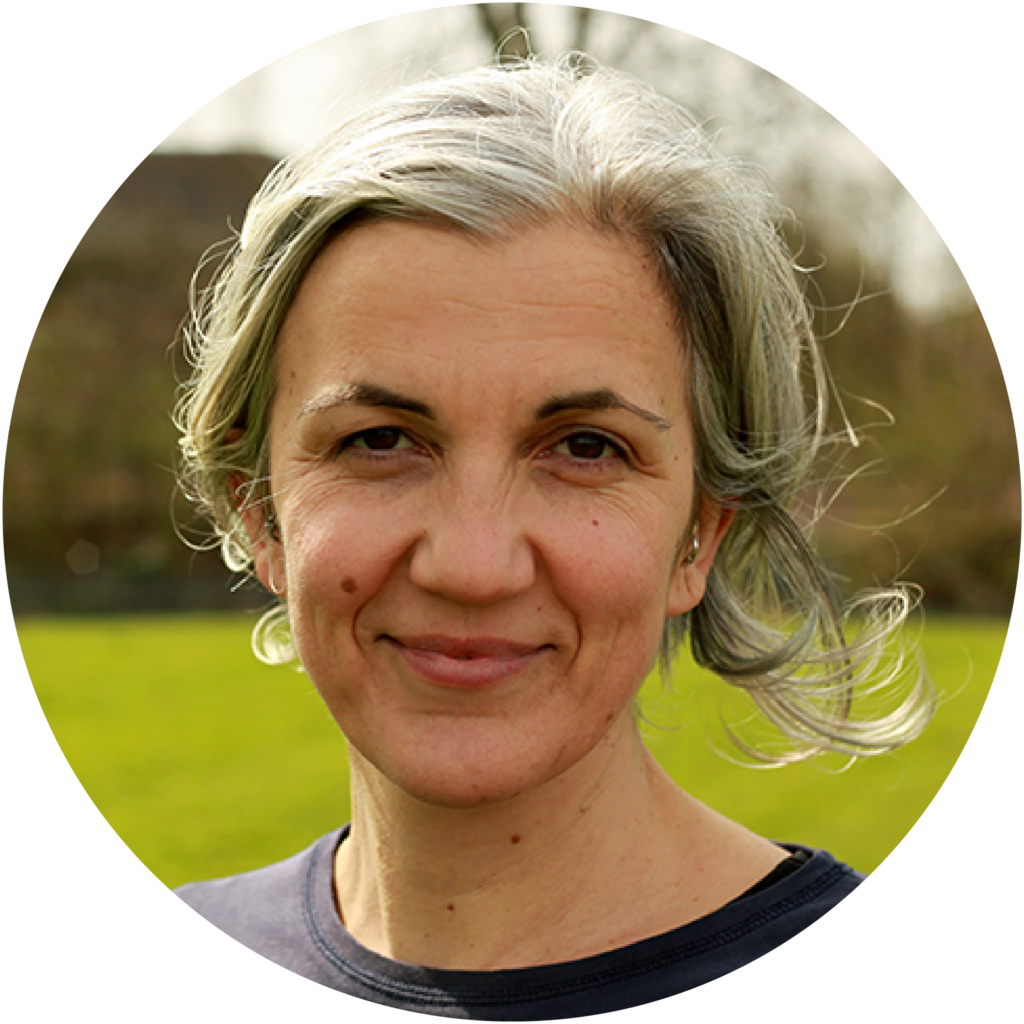My Holistic Approach To Treatments
Chinese Medicine originated within the philosophies that observed the natural phenomena to interpret the whole spectrum of existence. Over millennia, it has developed into a healing system that reflects the complexity of such forces at work and their natural tendency of moving towards balance.
As well as in nature, our health is the result of synergic actions working on many levels — and when such balance is disrupted, ailments can occur. I help my clients become aware of such wholeness, and introduce them to the idea of being active as part of their healing process.
FIRST SESSION
The first session includes questions and diagnostic tools to explore the aspects and possible roots of the condition presented. Based on the findings, I will apply the treating principles of Chinese Medicine using acupuncture or Tuina.
As an integral part of my treatments, I also suggest adjustments to eating and sleeping habits and provide bespoke food advice and simple exercises to do at home. Such synergy speeds up the client’s healing process and makes it lasting, as well as introducing them to healthier and mindful choices that help maintain and restore balance.
For clients who may find such adjustments overwhelming or confusing, I offer ongoing support from home to help them gradually implement such changes, as addition to my clinic treatments. Please refer to my online health coaching for more information.
FOLLOW-UP SESSIONS
At each follow-up session, I always take time to investigate the development of the condition and the effects of the previous treatments, asking relevant questions and using the pulse and tongue reading tools. Based on the outcome, I decide the prescription of the treatment to be given.
Depending on the nature of the condition, it can take a few sessions to break the pattern of illness and restore balance; therefore it’s crucial to keep an eye on the development, and act accordingly to how it is presenting.
The treatment prescription must be spontaneous and without expectations or projections. This is because conditions are unique to the person, and a treatment that’s successful for one client will not necessarily work for someone else presenting the same symptoms.
Frequently Asked Questions
Chinese Medicine can cure a wide range of conditions depending on the therapy used: acupuncture, Tuina (medical massage), herbs and Qigong. It works with the continuum between body and mind, and the principle that the body is the expression of our mind and beliefs. All of these therapies work with the Qi — the intermediate level between body and mind that acts as interface between the two — so that the symptoms of the ailment can be treated at whichever level they manifest, and once such level is back in balance it will positively affect the whole system. Depending on the therapy, Chinese Medicine can work superficially to treat musculoskeletal issues, as well as on a deeper level to treat internal organs and emotional imbalances.
Look at my clinic page to learn what I treat with acupuncture and Tuina and if you’re still not sure, book a discovery call to see how I can help.
Chinese Medicine works well in both cases. Sometimes acute conditions are due to external influences (either atmospheric or a trauma), therefore therapy will focus on the area affected and the channels involved. When an acute disease is due to inner imbalance, the therapy works on a wider spectrum, taking into account internal organs as well as lifestyle and current emotional state. Chronic conditions are more complex and require a much deeper investigation to find the root of the imbalance. The therapy depends on the condition and the client’s reaction to the treatments and involves intervention at more levels and a certain degree of commitment.
This depends on the condition itself. Generally speaking, acute conditions heal faster than chronic ones, which require deeper work and for a longer period of time. The length of the therapy also depends on variables such as the patient’s response and the emergence of new aspects (which is quite usual with work at deeper levels).
I also offer post-care support (mostly for chronic conditions). This support can be done either in clinic or online, so that I can keep the condition in check by assessing if the new healthier pattern is being maintained, and evaluate if a new treatment is advisable. Online sessions have the advantage of limiting face-to-face exposure and spare travelling time; if they are preferred, the client would only come to the clinic if further treatment is required.
If you’re curious to know more, book a discovery call to discuss how I can help.
Chinese Medicine encompasses different types of therapy, so clients should always ensure their therapist is qualified to perform their prescribed treatment in order to minimise the risk of malpractice. The World Health Organisation states that acupuncture is safe when performed by a licensed well-trained therapist. Some may think that using needles can present some risk linked to hygiene, but this risk is minimised by using disposable needles from sterile packages.
It’s crucial that clients inform their therapist of any other treatments they are undergoing, and provide a detailed medical history (including allergies and relevant medication history) to avoid combination/reaction side-effects.
If you have a serious condition, I advise you consult a variety of therapists before proceeding with any treatment.
The cost of the treatment depends on the type and length of therapy.
I offer concession rates for those in financial difficulty, and discounted packages for a set number of treatments paid upfront.
It’s possible to have cheaper acupuncture in multi-bed clinics, some public-funded organisations and through the NHS (by referral). However, these options might not be able to provide the same amount of care and time to each client that private clinics can do.
Please refer to pricing on the clinic page.
No therapist would ask a client to stop taking their existing medication. Viewed holistically, any medication is part of the wholeness of the client, and as such it would be taken into account for the way they affect the body and interact with any treatment. Clients should always ensure their therapist is informed of any existing medications, or significant ones they have taken in the past.
In Chinese Medicine, food therapy is a crucial part of the healing process, and diet is an important aspect of lifestyle.
In terms of therapy the diet is omnivorous, as every type of food has its own qualities and actions that are used to treat conditions and promote health. The ideal diet is predominantly vegetarian with occasional small amount of meat used mainly to produce blood, especially in presence of Blood deficiency. ‘Blood builds blood’, but meat easily creates stagnation and heat; therefore the right balance must be found for each client’s condition and diet. If you are vegetarian or vegan, make sure you regularly eat Blood tonic foods, so that the Blood is looked after in the best way possible. There is a good variety of foods to support Blood.
It is important to make clear that being vegetarian or vegan doesn’t necessarily mean to be Blood deficient, likewise by eating meat doesn’t surely provide a strong Blood. Our health is the result of many synergic aspects and as such an holistic approach to Blood deficiency will take resting in great consideration too. During the night time sleep in fact, the body (and the Liver in particular) nourishes and strengthens the Blood; it’s therefore a good practice to be fast asleep by 11pm, the time when the Liver and Gallbladder activate.
Chinese Medicine is suitable for everyone. However, for babies and children a different approach is used, which is softer and less invasive than using needles. It also takes into account that their meridian system is not yet fully established. I’m not trained for this specific area, but there are many skilled therapists who can help.
Absolutely, yes! However, clients should always tell their therapist if they are breastfeeding, as some treatments are not appropriate but others will definitely support the breastfeeding (e.g. promote milk flow, soothe tender breasts, and clear inflammation/infections around the nipples).
Chinese Medicine has a wealth of knowledge about pregnancy, childbirth and childcare. It can offer profound support for mother and child, on both a physical and emotional level.
MY JOURNEY
Thanks to Qigong, I found my way into Daoism and Chinese Medicine.
I first qualified as a Qigong teacher at the College of Elemental Chi Kung, and after a few years I became Practitioner of Chinese Medicine at the Xian Tian College of Chinese Medicine. I am qualified to provide acupuncture, Tuina, cupping and moxibustion, following the principles of Classical and Traditional Chinese Medicine. The Xian Tian college is part of the Lotus Nei Gong International where I study Qigong and Neigong.
I then expanded my understanding of Chinese Medicine Food Therapy at the College of Integrated Chinese Medicine to provide diet support in line with the principles of my treatments.
I have studied Tuina at advance level with Sarah Pritchard.
Most recently I have been part of Ann Cecil Sterman‘s mentorship which was an in depth study of the Classical Chinese Medicine as transmitted by Master Jeffrey Yuen. This included diet and lifestyle coaching which was taught by Andrew Sterman.
Master Jeffrey Yuen is an 88th Generation Daoist Master of the Shang Qing Tradition of Daoism which is an oral tradition. Ann and Andrew learned directly from him and are now passing his teachings to the public via the mentorship and worldwide classes.
- London, Stoke Newington
- London, Highgate
- Online

“The law of Yin and Yang is the natural order of the universe, the foundation of all things, mother of all changes, the root of life and death. In healing, one must grasp the root of the disharmony, which is always subject to the law of Yin and Yang.”
The Yellow Emperor’s Classic of Medicine


